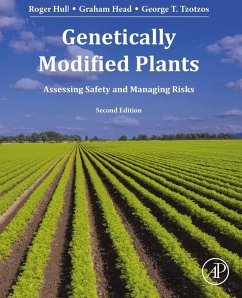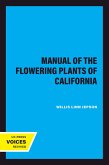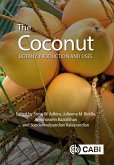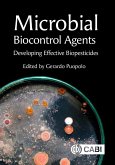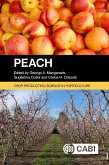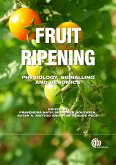Genetically Modified Plants, Second Edition, provides an updated roadmap and science-based methodology for assessing the safety of genetic modification technologies, as well as risk assessment approaches from regulators across different agroecosystems. This new edition also includes expanded coverage of technologies used in plant improvement, such as RNA-dependent DNA methylation, reverse breeding, agroinfiltration, and gene-editing technologies such as CRISPR and TALENS. This book is an essential resource for anyone interested in crop improvement, including students and researchers, practitioners in regulatory agencies, and policymakers involved in plant biotechnology risk assessment.
- Provides a roadmap for assessing the safety of genetically modified plants
- Expands coverage of technologies used in plant improvement, such as RNA-dependent DNA methylation, Reverse Breeding and Agro-infiltration
- Introduces new chapters addressing the potential applications and associated risks of new gene editing technologies such as CRISPR and TALENS
Dieser Download kann aus rechtlichen Gründen nur mit Rechnungsadresse in A, B, BG, CY, CZ, D, DK, EW, E, FIN, F, GR, HR, H, IRL, I, LT, L, LR, M, NL, PL, P, R, S, SLO, SK ausgeliefert werden.

